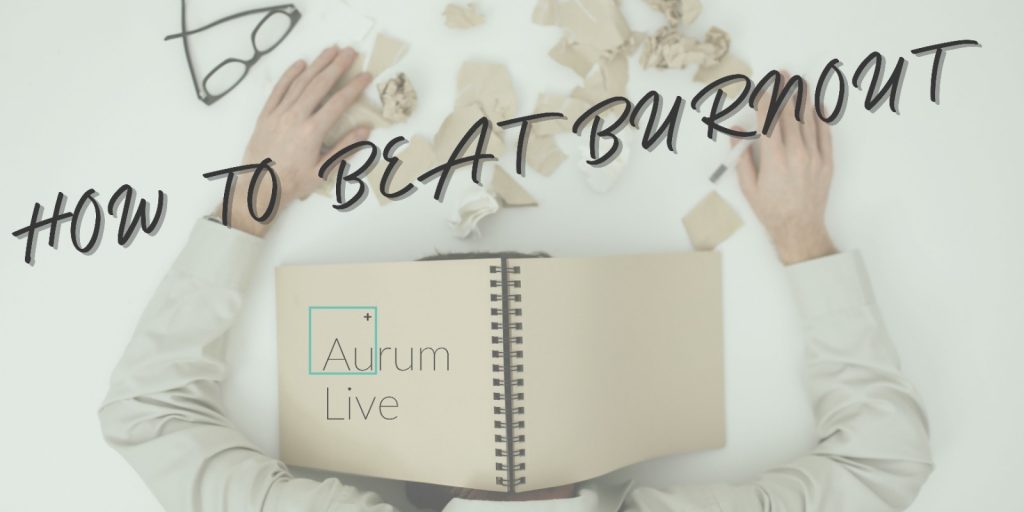Many people experience something called “burnout” and you may be wondering what that is. Although it is not a medical diagnosis, “burnout” is a state of exhaustion that can show up as sleep disturbances, increased irritability, fatigue, and feeling of disconnection or confusion about what we need. It is often associated with a high amount of work-related stress but it can also be due to a high number of life responsibilities.
Our health care providers each share a unique perspective on burnout, discussing the causes and signs of burnout, as well as prevention and recovery.
Watch the IGLIVE now at this link here.
First Lamia Gibson R.Ac. brings the perspective of Traditional East Asian Medicine including acupuncture, Shiatsu massage and food consults. Dr. Sairupa Krishnamurti ND then shares an Ayurvedic perspective, incorporating her experience with people with fertility and reproductive health conditions. Dr. Tania Tabar ND works with nutrition and hormonal health including thyroid conditions, and shares how these underlying issues can often be an overlooked cause of burnout.
We discuss these key questions to ask yourself:
- What are the current responsibilities in my life and what more (if anything) do I have capacity for?
- What do I need in this moment?
- How can I ask for support?
It can be difficult to take that first step towards asking for help when feeling overwhelmed. In the talk we also discuss the acupuncture and naturopathic medicine approaches that may be supportive to begin care when asking for help. Regardless of where you are at when you notice you are burnout, slow, steady changes such as incorporating a morning routine, can get you out of the sympathetic nervous system’s “freeze response” that one is often stuck in with burnout.
Here are some other ideas that we share:
- Have a nourishing, warm breakfast every day at the same time
- Include an evening routine before bedtime, beginning at the same time each night. Consider drinking herbal tea, taking a bath, dimming the lights and reading
- Consider taking dried herbs called “nervines” at night or throughout the day that support stress such as milky oats (Avena sativa), chamomile (Matricaria recutita) and lavender (Lavendula officinalis)
- Have your bloodwork checked for nutrient deficiencies and imbalances as Vitamin B12, Iron and Vitamin D deficiencies can contribute to low energy
To hear the discussion yourself, check out our Instagram Live on Burnout at this link here. If you have any personal questions, reach out to our team for a free consultation.


